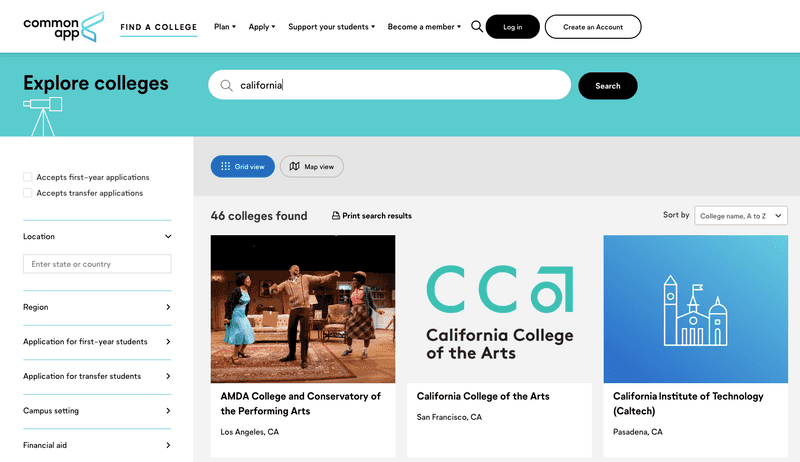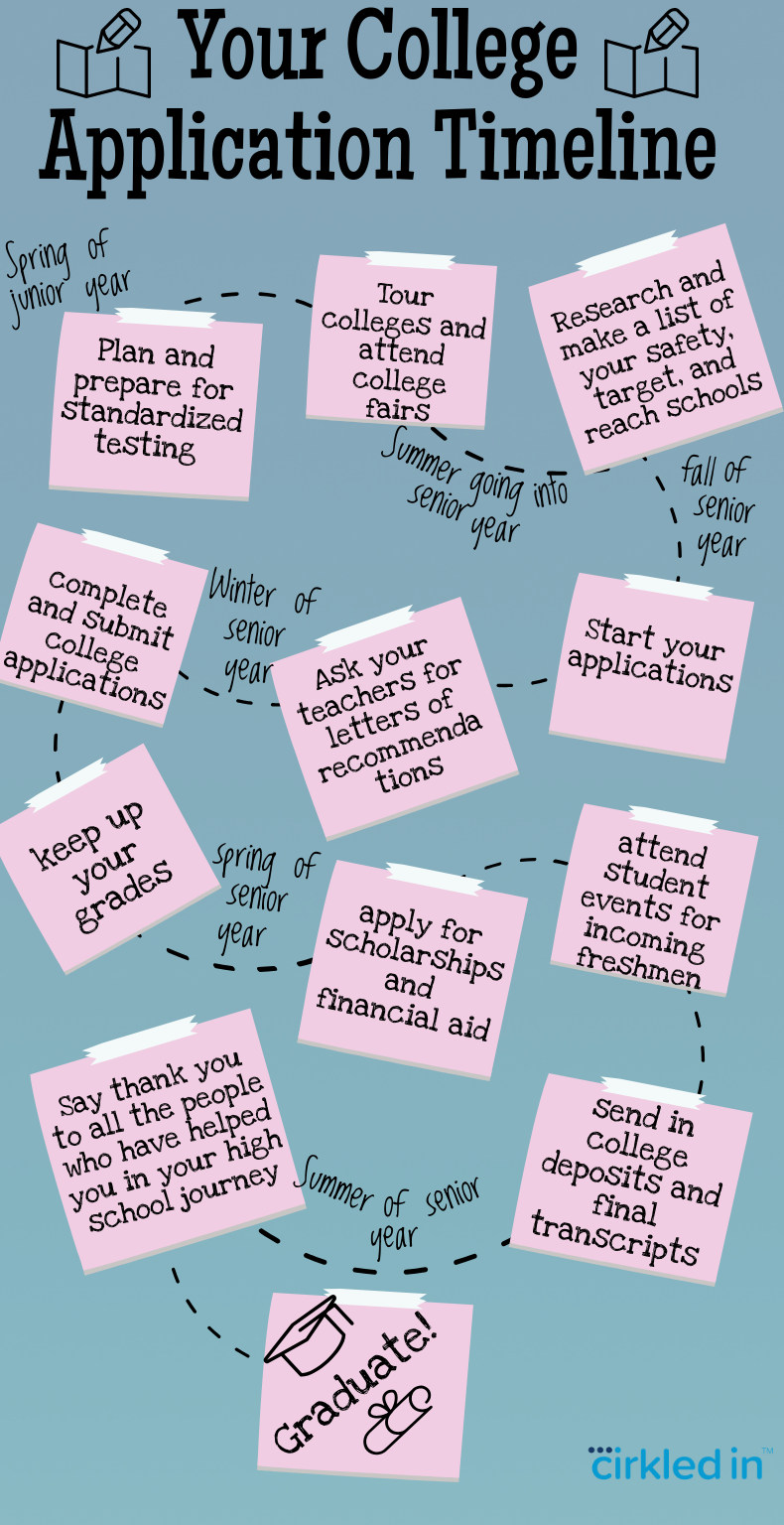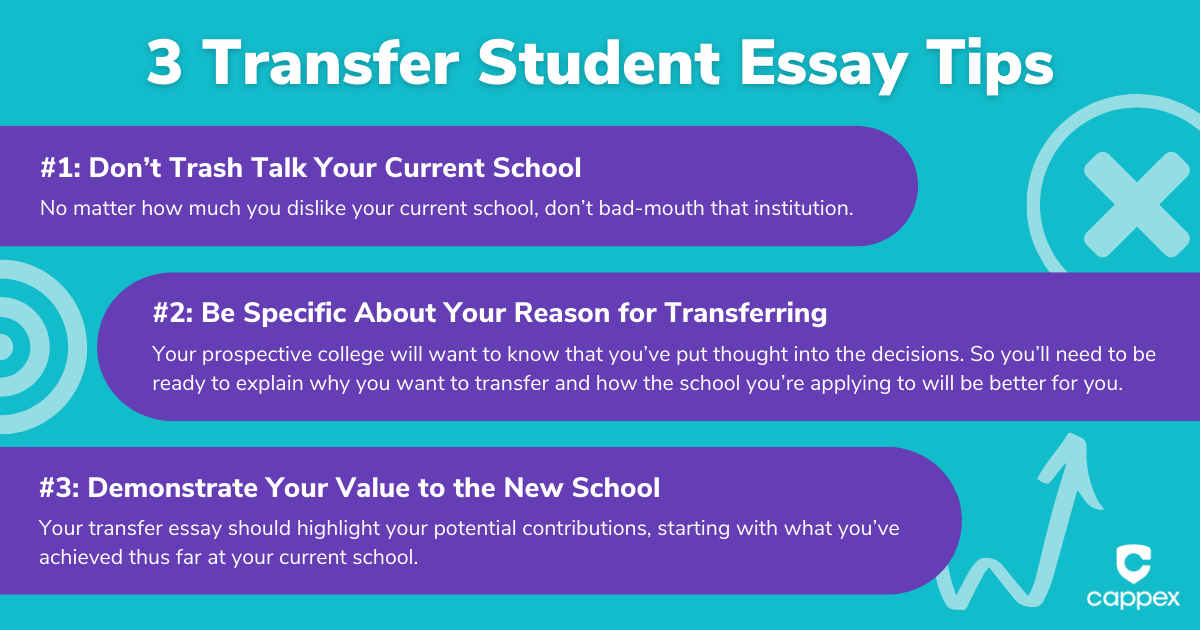
Unlocking the Keys to a Successful University Essay
When it comes to university applications, the essay is your golden ticket. It’s your chance to show admissions officers who you are beyond grades and test scores. But what’s the secret sauce to crafting an essay that resonates? The answer lies in embracing and expressing diversity and inclusivity.
Article-at-a-Glance: Navigating the Application Essay with Diversity in Mind
- Understand what diversity means in the context of college essays.
- Learn how to weave your unique background into a compelling narrative.
- Get tips on how to respectfully and effectively discuss sensitive topics.
- Discover strategies to ensure your essay is inclusive and representative of your values.
- Find out how to avoid common pitfalls that can detract from your essay’s impact.
With these key points in mind, let’s dive into the details and ensure your application essay stands tall and proud, reflecting the true spectrum of who you are.
What Makes a University Application Essay Stand Out
Admissions officers read thousands of essays. So, what makes one essay leap off the page? It’s simple: a memorable narrative that celebrates diversity. It’s not just about your achievements; it’s about your journey, your struggles, and how your unique experiences have shaped you. A standout essay is one that is authentic, engaging, and provides a fresh perspective.
Fostering Inclusion in Your Admissions Narrative
Inclusion is more than a buzzword; it’s a perspective. When you write your essay, think about how your story can resonate with someone from a different background. How have your experiences taught you to appreciate diversity? How do you plan to bring that inclusive mindset to your university community? These reflections can turn a good essay into a great one.
Mapping Your Journey to Diversity in College Essays
Your college essay is the perfect platform to showcase your understanding of diversity and inclusion. But it’s not just about stating that you value these concepts; it’s about showing how they’ve played a role in your life. Whether it’s through your family background, personal experiences, or aspirations, let your unique story shine.
Understanding What Universities Look for in Diverse Essays
Universities are on the lookout for students who not only acknowledge diversity but actively embrace it. They want to see how you’ve interacted with different cultures, ideas, and perspectives. They’re interested in your ability to reflect on these experiences and articulate their impact on your worldview. This understanding is key to writing an essay that will catch the eye of admissions committees.
For example, a student who volunteered at a local community center, working with refugees, might share how the experience broadened their understanding of the challenges faced by different communities and inspired them to pursue a degree in social work.
It’s stories like these that give depth to your application and help you stand out in a crowded field. Now, let’s continue to build on these foundations and delve deeper into what makes a truly diverse and inclusive university application essay.
Illustrating Your Unique Story: Self-Reflection Exercises
Before you start writing your essay, it’s crucial to dig deep and reflect on what diversity means to you. Think about moments in your life when you encountered new perspectives or challenged your own beliefs. These self-reflection exercises can help unearth the stories that will make your essay truly personal and impactful.
- Journal about times when you felt out of place and how you responded.
- List the cultures, languages, and environments you’ve experienced and how they’ve influenced you.
- Consider the diverse roles you play in your community and what they’ve taught you about others.
- Identify a time when you stood up for inclusion and what it revealed about your character.
- Write about a person who is different from you and how they have changed your perspective.
Authenticity and Honesty: Vital Components of Your Essay
Nothing resonates more than a genuine story. When sharing your experiences, it’s important to be both authentic and honest. Admissions officers can tell when an essay is embellished or doesn’t ring true. Share your real-life examples with sincerity, and your words will carry the weight of your convictions.
Remember, it’s not about having a story that’s one-of-a-kind; it’s about presenting your story in a way that’s uniquely yours.
Strategies to Emphasize Inclusivity and Diversity
Emphasizing inclusivity and diversity isn’t just about what you say; it’s about how you say it. Your essay should reflect a mindset that values different perspectives and experiences. Here are some strategies to help you do just that.
Selecting the Right Anecdotes to Reflect Inclusivity
Choosing the right stories for your essay is like picking the perfect ingredients for a recipe. They need to come together to create something deliciously compelling. Select anecdotes that highlight your interactions with diverse groups, your empathy, and your commitment to creating an inclusive environment.
- Share a moment when you connected with someone from a different background.
- Discuss an experience where you were the minority and what you learned.
- Describe how you’ve contributed to making a space more welcoming for everyone.
Language and Phrases: Setting a Tone of Inclusiveness
The words you choose can build bridges or walls. Aim to use language that is inclusive and welcoming, avoiding clichés and stereotypes. Instead of vague generalizations, opt for specific, respectful descriptions that celebrate diversity.
- Use ‘we’ and ‘us’ to foster a sense of community and shared experience.
- Avoid jargon or slang that might not be understood by all readers.
- Be mindful of terms that may have different connotations for different people.
Incorporating Diverse Perspectives Beyond Personal Experience
Your essay should reflect not only your own experiences but also a broader understanding of diversity in the world. Research, reading, and conversations can all contribute to a well-rounded perspective that enriches your essay.
Highlight how your exposure to different viewpoints has shaped your thoughts and actions. Perhaps you’ve been influenced by a book, a conversation with a mentor, or a significant event in the news. These experiences, even if they aren’t your own, can show your ability to engage with and learn from diversity.
For instance, you might write about how Malala Yousafzai’s fight for girls’ education opened your eyes to global gender disparities and inspired you to volunteer at a local literacy program.
By weaving these threads together, your essay will not only tell your story but also reflect a world where diversity is not just acknowledged — it’s celebrated.
Crafting an Essay that Celebrates Diversity
Writing an essay that celebrates diversity is about more than listing the various cultures and backgrounds you’ve encountered. It’s about weaving a narrative that honors your experiences and the lessons you’ve learned from them. It’s about showing how these experiences have shaped your worldview and how you plan to bring this enriched perspective to the university community.
How to Approach Sensitive Topics with Respect and Awareness
Addressing sensitive topics requires a delicate balance. It’s important to be honest and open, but also respectful and mindful of the reader’s feelings. When discussing issues like race, gender, or socioeconomic status, use thoughtful language, and focus on your personal growth and understanding. Acknowledge the complexity of these topics and avoid making sweeping generalizations or assumptions.
- Reflect on your experiences without appropriating someone else’s struggles.
- Use empathy to connect with your reader and show your capacity for understanding.
- Be specific about your experiences and how they’ve influenced your perspective.
Integrating Relevant Personal and Global Issues
Your essay is a great opportunity to connect your personal journey with larger global issues. This shows that you’re not only aware of the world around you but also engaged with it. For instance, if you’re passionate about environmental justice, you could discuss how working with a local conservation group inspired you to pursue environmental studies.
- Link personal anecdotes to larger societal or global trends.
- Show how your experiences have informed your understanding of these issues.
- Explain how you plan to contribute to solutions in your future academic and professional life.
Avoiding Common Pitfalls in Diversity Essays
There are a few common missteps to watch out for when writing your diversity essay. Avoid overemphasizing your hardships or portraying yourself as a savior. Remember, the goal is to showcase your ability to learn from and contribute to a diverse environment, not to tokenize or stereotype others.
- Steer clear of clichés and overused narratives that don’t add depth to your story.
- Resist the urge to exaggerate or fabricate experiences for the sake of adding ‘diversity’.
- Ensure that your essay is focused on your growth and contributions, not on others’ disadvantages.
Polishing Your Essay: Final Touches for a Lasting Impact
After pouring your heart into writing, it’s time to polish your essay. This stage is crucial; it’s where you ensure that your message is clear, your grammar is flawless, and your essay is ready to make a lasting impression on the admissions committee.
Essential Tips for Effective Editing and Proofreading
Editing and proofreading are about more than just checking for typos. They’re about refining your voice, ensuring clarity, and maintaining a consistent tone throughout your essay. Read your essay out loud to catch awkward phrasings, and consider having someone else read it to provide fresh insights.
- Look for any instances of vague or imprecise language and clarify them.
- Check for consistency in tense and person to maintain a coherent narrative flow.
- Use tools like spell checkers, but don’t rely on them entirely; they can miss context-specific errors.
Remember, a well-polished essay is the capstone of your application. It’s your chance to shine and show the admissions committee not just who you are, but who you aspire to be. Take the time to review your work thoroughly, and your efforts will pay off when your essay stands out for all the right reasons.
Seeking Feedback: How to Use Critique Constructively
Getting feedback on your essay is like a trial run before the big show. It’s a chance to see how others react to your story. Reach out to teachers, mentors, or family members who can give you honest and constructive criticism. When you receive feedback, keep an open mind and remember that each piece of advice is an opportunity to improve.
- Ask specific questions to guide reviewers, such as “Is my main point clear?”
- Don’t take criticism personally; use it to make your essay stronger.
- Consider all feedback, but remember that the final decision on changes is yours.
- Thank those who help you; they’re part of your journey to a successful application.
Using Essay-Enhancing Tools and Resources Responsibly
There are many tools and resources out there to help polish your essay. Grammar checkers, thesauruses, and writing guides can be invaluable. However, use them responsibly. Ensure that any changes you make keep your essay sounding like you. It’s your voice, your story, and your future on the line.
- Utilize grammar checkers to catch errors, but review their suggestions critically.
- Use thesauruses to find the perfect word, but avoid overly complex or unfamiliar terms.
- Refer to writing guides for structure, but don’t let them stifle your creativity.
Essay Submission: Final Checklist
Before you hit that submit button, let’s run through a final checklist to ensure everything is in tip-top shape. This is your last chance to double-check your work and make sure it’s the best representation of you.
Ensuring All Application Requirements Are Met
Every college has its own set of requirements. Make sure you’ve followed all the instructions to the letter. Have you adhered to the word limit? Is your essay formatted correctly? Have you included any additional information that was requested? A quick review now can save you from a facepalm moment later.
- Double-check word counts and formatting guidelines.
- Ensure you’ve answered the prompt completely and thoughtfully.
- Review all submission requirements, including any supplementary materials.
The Importance of Deadlines and Punctuality
Deadlines are non-negotiable. Submitting your essay on time shows that you’re serious and respectful of the process. Plan to submit your essay well before the deadline to avoid any last-minute technical glitches. Remember, early is on time, on time is late, and late is unacceptable.
- Mark your calendar with the submission deadline, then plan to submit days before.
- Check and double-check the time zone for the deadline to avoid confusion.
- Have a backup plan in case of technical difficulties.
After Submission: Managing Expectations and Next Steps
Once your essay is submitted, take a deep breath. You’ve done your part. Now, it’s time to be patient and manage your expectations. The waiting game can be tough, but stay positive and start planning your next steps. Look into other colleges, scholarships, and financial aid options. No matter the outcome, you’ve gained valuable experience that will serve you well in the future.
- Keep yourself busy with other applications or projects.
- Reflect on what you’ve learned from the essay-writing process.
- Prepare for any potential interviews or follow-up questions from colleges.
FAQs on Writing Diverse & Inclusive University Essays
How can I highlight my cultural background without stereotyping?
Highlighting your cultural background is about sharing your unique experiences, traditions, and values. Focus on specific stories that illustrate your culture’s impact on your life. Avoid generalizations by using precise details that are true to your personal narrative. This approach will give admissions officers insight into your world without resorting to stereotypes.
For example, instead of saying “Food is important in my culture,” describe a family meal and how the preparation and sharing of food teach you about community and tradition.
What if I don’t have a ‘unique’ story?
Remember, ‘unique’ doesn’t mean ‘unheard of.’ It means being authentic and true to your experiences. Every story is unique when told from your perspective. Reflect on the moments that have shaped you, no matter how small they may seem. It’s the depth of your reflection and the insights you share that will make your essay stand out.
- Consider challenges you’ve overcome, even if they seem common.
- Think about everyday interactions that have taught you valuable lessons.
- Discuss how you’ve grown from engaging with people different from yourself.
Is it possible to overemphasize diversity in my essay?
Yes, it’s important to strike a balance. Diversity should be a lens through which you share your story, not the sole focus. Your essay should give a comprehensive view of who you are. Ensure that your discussions of diversity are connected to your personal growth, goals, and how you’ll contribute to the university community.
- Integrate diversity naturally into your narrative, rather than forcing it.
- Make sure every mention of diversity is relevant to the prompt and your story.
- Reflect on how diverse experiences have contributed to your overall development.
How do I ensure my essay is inclusive if I come from a privileged background?
Inclusivity is about recognizing and respecting diversity in all its forms. Acknowledge your background and reflect on how it’s given you a particular perspective. Discuss how you’ve used your privilege to learn about and support others. Show your commitment to inclusivity through your actions and aspirations.
- A personal narrative that connects your experiences with diversity.
- Reflections on what you’ve learned from diverse experiences.
- Examples of how you’ve contributed to or supported diversity and inclusion.
- Insights into how you plan to continue engaging with diversity at university.
- A tone that is respectful and appreciative of different backgrounds and perspectives.
As you wrap up your essay, remember that the goal is to present a well-rounded picture of who you are. Your experiences with diversity and inclusion are part of that picture, but they don’t define it entirely. The best essays are those that are reflective, insightful, and, above all, authentic to your story. By following these guidelines and staying true to your experiences, you’ll be able to craft an essay that is not only diverse and inclusive but also deeply personal and engaging. Good luck!




